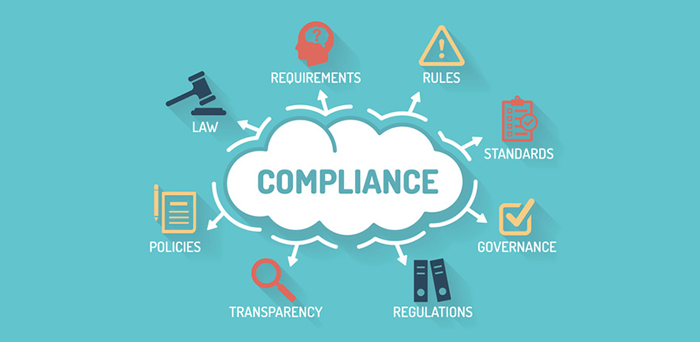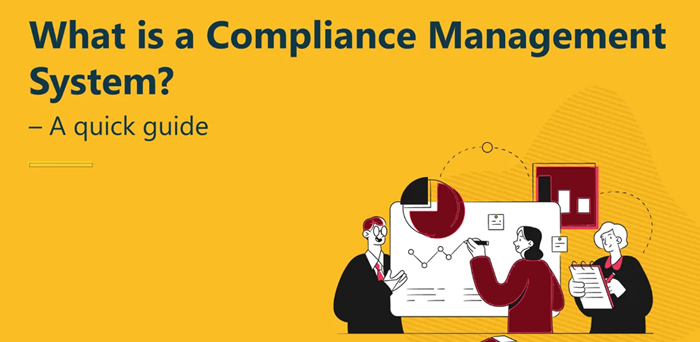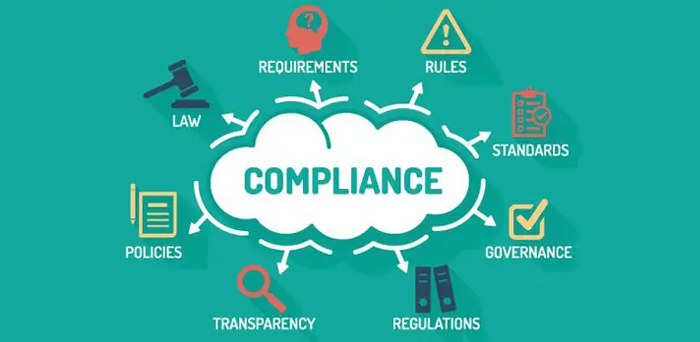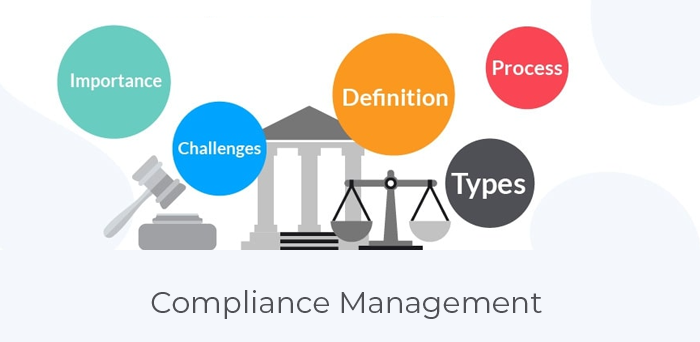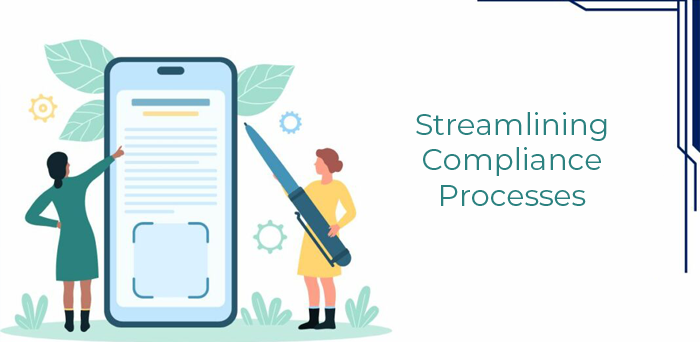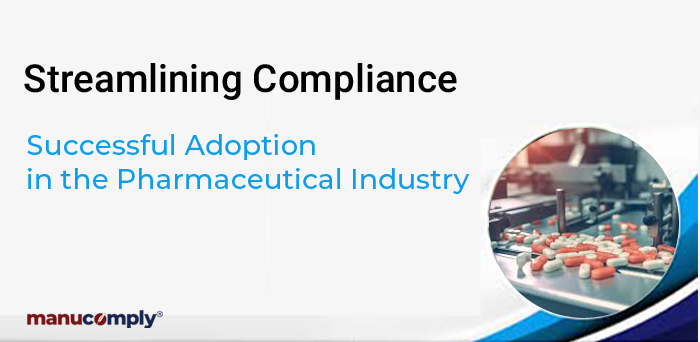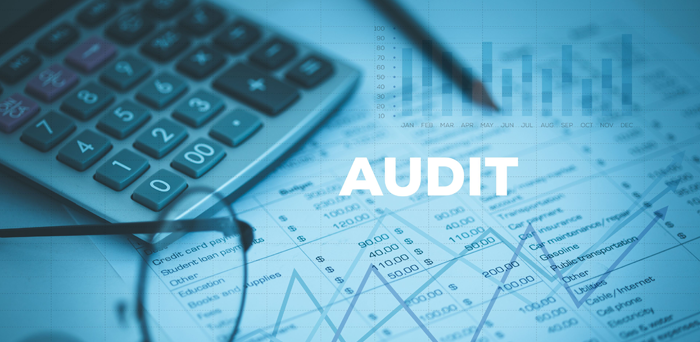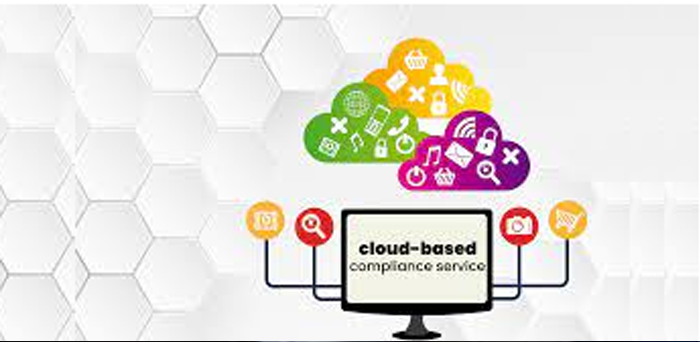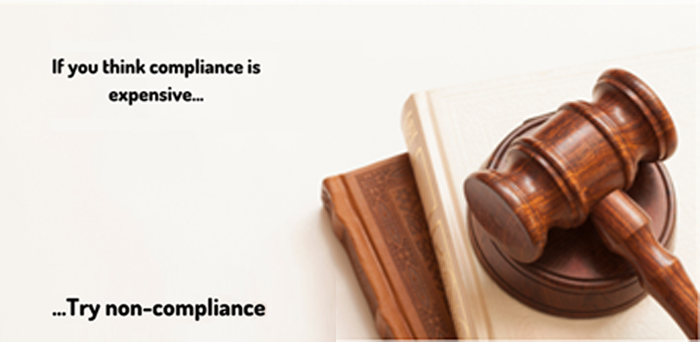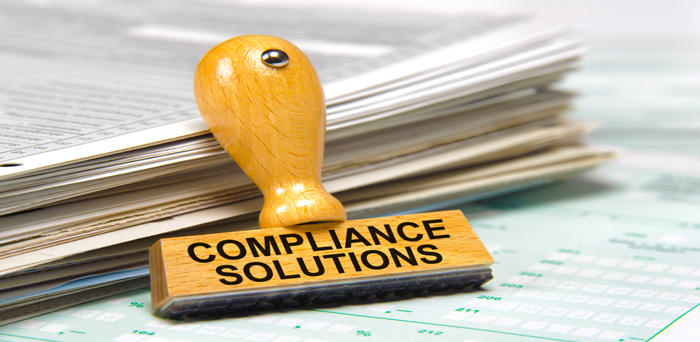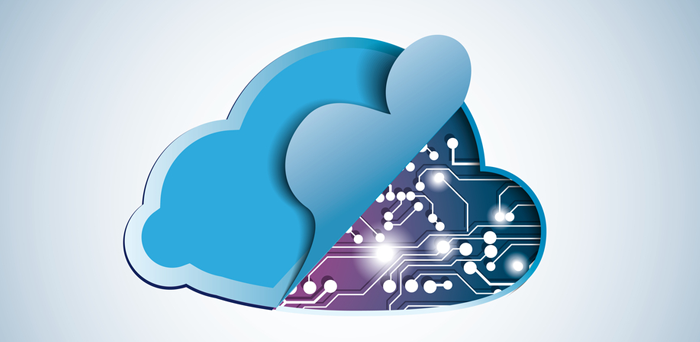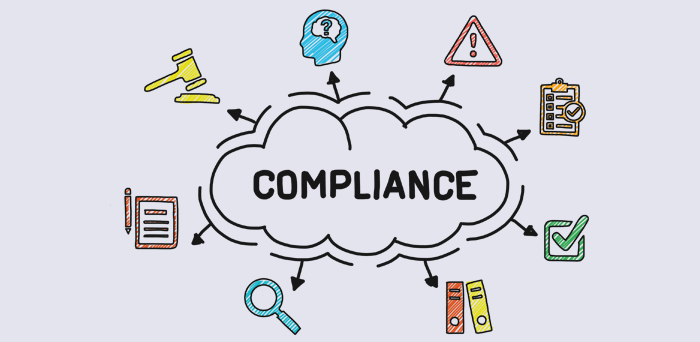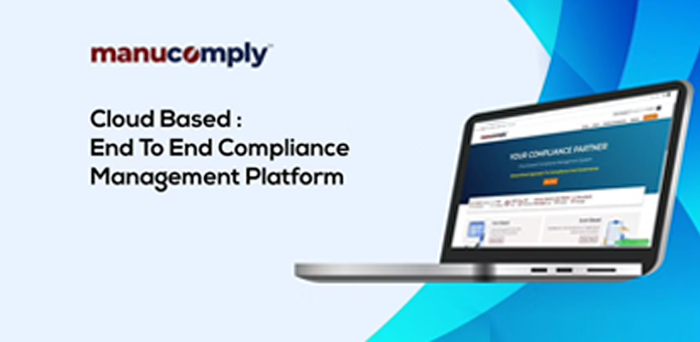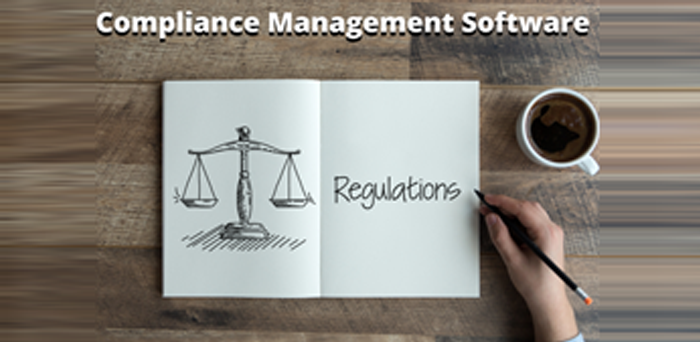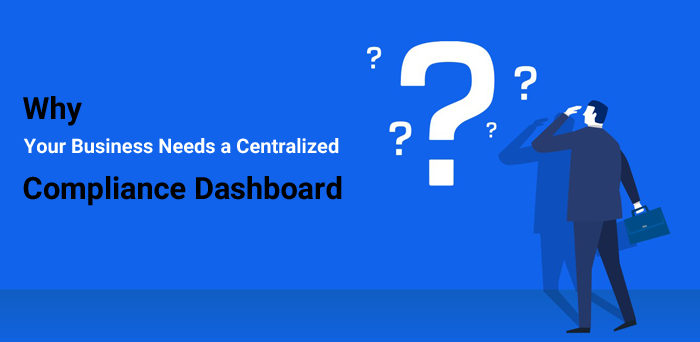
Why Your Business Needs a Centralized Compliance Dashboard
In this rapidly changing regulatory environment, businesses face complex compliance requirements and need to keep up with regulatory changes. It has become crucial for the legal fraternity and businesses to understand and manage these compliance obligations to reduce risk and improve operational efficiency. This is where one of the most effective measures comes into the picture: a Centralized Compliance Dashboard.
Key Benefits of Centralized Compliance Dashboard
➔ Improved Visibility and Transparency
One of the major advantages of a centralized compliance dashboard is that it provides better visibility into compliance activities. It can be difficult for many organizations to efficiently track compliance standards due to multiple systems and data at different sources. A centralized compliance dashboard like Manucomply helps the organization access all the compliance information, from regulatory changes to internal policies, in one place. This also helps in enhancing the process of compliance assessment, keeping track of compliance status, and checking key performance indicators.
➔ Enhanced Risk Management
In the legal field, proactivity is key to effective risk management. A centralized compliance tool enables organizations to identify possible compliance risks before they turn into larger issues. By continuously monitoring compliance data, organizations can identify current requirements, irregularities, or non-compliance areas that may require immediate attention. This proactive approach protects the organization's reputation and shields it from legal repercussions.
➔ Streamlined Communication and Collaboration
Managing Compliance is not the responsibility of one individual or department. It requires different departments to collaborate including legal teams, compliance officers, and other departmental managers. Manucomply provides a platform for all the departments to collaborate and have access to the same set of data. This helps in reducing miscommunication and misconceptions that arise from using different systems or multiple spreadsheets. Legal teams of an organization can easily share their insights, discuss compliance strategies, and work together to achieve common compliance objectives.
➔ Simplified Reporting and Auditing
One of the most troublesome tasks for an organization is the preparation of compliance reports and audits. Collection of data from multiple sources can be time-consuming and error prone. A centralized compliance dashboard simplifies the process of collection of data by automatically generating all the necessary data in one place. Manucomply has a built-in reporting feature, which generates reports in a fraction of the time that it would typically take. This is one of the invaluable features during audits, where accurate and timely reporting can mitigate the chances for penalties.
➔ Adaptability and Scalability
With the regularly emerging new laws, standards, and industry regulations, organizations need to remain active to respond effectively to the constantly changing regulatory compliance. A centralized compliance dashboard like Manucomply, offers the flexibility needed to adapt to these changes. Through this tool, organizations can easily update their compliance parameters, set new dimensions, and update their workflows to comply with current regulations. This scalability ensures that businesses remain compliant, regardless of how the regulatory environment changes.
➔ Real-Time Monitoring and Alerts
It is crucial to stay updated with the dynamic Regulations. Manucomply offers real-time monitoring and notifies the user of upcoming deadlines, changes in regulations, and any possible penalties or damages in case of non-compliance. This helps the business to mitigate the risk before it escalates.
A centralized compliance tool like Manucomply offers a dashboard that provides a comprehensive platform for compiling all compliance data in one place. This tool offers multiple advantages that can benefit legal professionals and their organizations.
Essential Features of Centralized Compliance Dashboard
- User-Friendly Interface: Manucomply provides a highly configurable, user-friendly dashboard with automated workflow, color-coded graphical representation, and real-time visibility of compliance status.
- Customizable Templates: Manucomply provides the user with customizable templates adaptable to industry-specific compliance needs.
- Documentation and Audit Trail: Manucomply allows users to easily create, store, and manage documentation related to compliance efforts. It should also maintain a clear audit trail of all activities within the system.
- Advanced Reporting and Analytics: Manucomply provides simple drag-and-drop features to generate reports and data analytics for better decisions.
Conclusion
A centralized compliance dashboard provides an effective solution for businesses to improve their compliance practices. These dashboards are essential tools for legal practitioners and organizations as they help improve visibility, encourage cooperation, strengthen risk management capabilities, streamline reporting, and ensure adaptability. By implementing this technology, legal teams may focus on strategic initiatives that benefit the business and lead to more effective compliance processes. In an era where managing compliance is becoming more complicated, using a centralized compliance dashboard is essential to the success of an organization.

